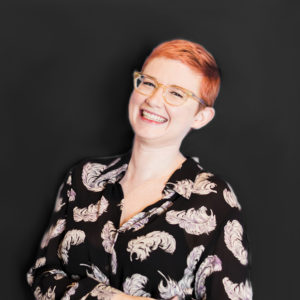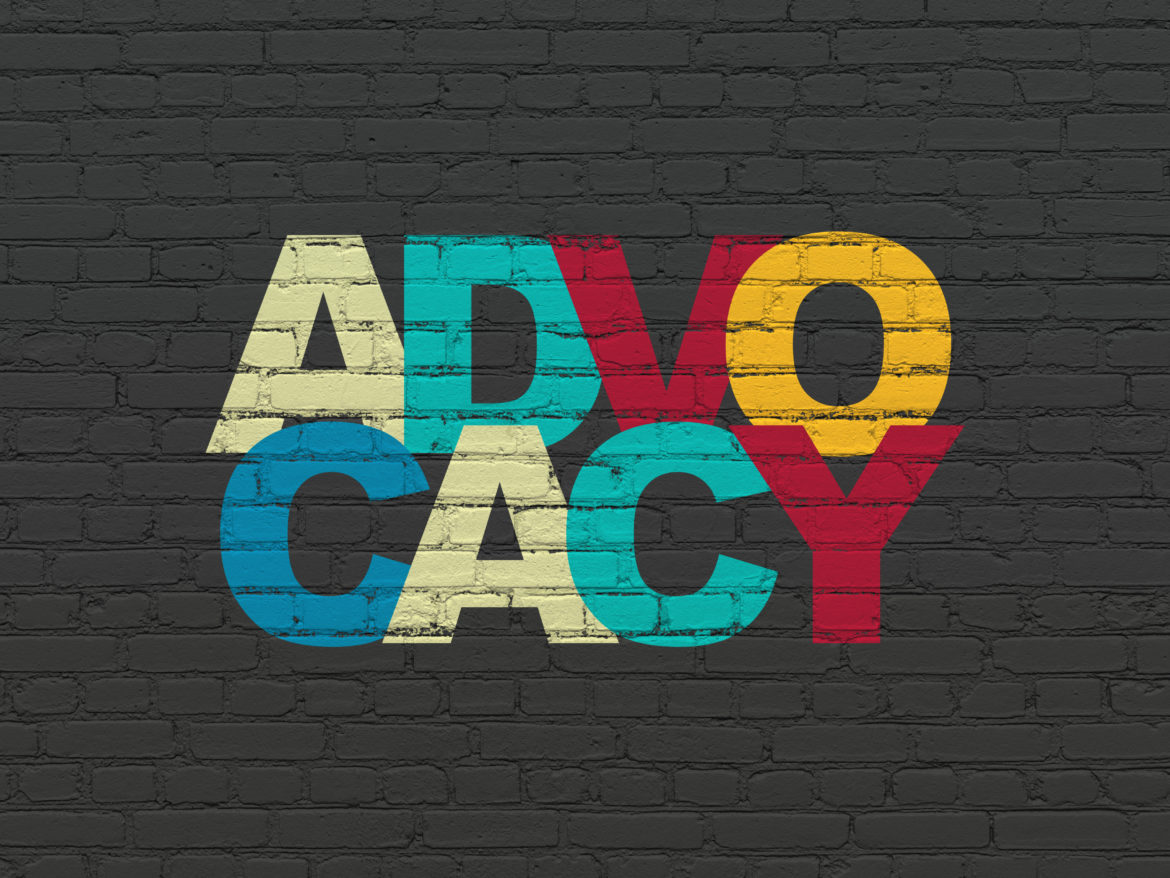Courtney Tucker created the U.S. Donor-Conceived Alliance to raise awareness of the need for reform
Advocacy Snapshot is an ongoing feature that highlights the views and efforts of individuals working to raise awareness, amplify voices, and stand for rights. Here, Courtney Tucker, founder of the U.S. Donor-Conceived Alliance (USDCA) weighs in.
What's the state of advocacy for issues important to donor conceived individuals today? Is there a cohesive group working for rights? If not, what needs to take place to make that happen? What's standing in the way?
There have been individuals and small groups around the world working for donor conceived people’s rights for many years, but there’s an issue with visibility. Even now, having been in the community for more than a year, I struggle to fully grasp what has happened and what is happening. My hope with the U.S. Donor-Conceived Alliance is to provide a platform where information and resources can be gathered and voices may be elevated. I saw what the Donor Conceived Alliance of Canada and organizations in other countries were building and was shocked to learn that the same hadn’t been done in the U.S. My background is in non-profit marketing and management, so while my strengths may not align with filing lawsuits or contacting representatives, I would love for our organization to support those who do choose to take those types of actions.
In the U.S. specifically, I think one of our biggest hurdles is that many of the changes we hope to make need to happen at the state level. Even if you succeed at banning anonymity in one state, there’s nothing stopping anyone from driving over to the next (or even mail ordering!) for anonymous gametes. This has to be a coordinated effort. Adoptee advocates seem to be gaining traction in that regard, with many states making changes toward the opening of original birth certificate (OBC) records.
What are the issues for which advocacy is most needed?
Earlier this year, the USDCA polled 85 donor conceived people about where our priorities should lie. The vast majority would like to see an end to anonymity, caps on the number of offspring allowed per donor, better counseling for donors and commissioning parents, and stronger regulated record-keeping, including up-to-date family medical histories. There was slightly less emphasis placed on a central registry, such as Victoria, Australia’s Victorian Assisted Reproductive Treatment Authority (VARTA), and ending payment for gamete donations (an issue Canada is currently battling).
What can individuals do to help?
The USDCA is still in the very early stages, but you can fill out this form to register as an ally and join our mailing list. If you are not in the U.S., we have a list of other organizations around the world here. On a local level, I highly recommend finding an adoptee support group to join. Of course, ask first to make sure groups are comfortable with a donor conceived person joining. I’ve made some very good friends in my group who right away said, “of course, you are half-adopted.” While our online communities are essential, it can also be very empowering to make “real life” connections.
Do you believe that advocacy, in addition to being helpful socially, can also be beneficial personally — that it can contribute to healing?
I think this depends on the individual. Working to create change can be cathartic, but I think it can also serve as a distraction — a means to avoid the real healing. And that’s okay. This process is an ebb and flow, and if distraction through action is what’s getting you through the days, go for it. We just need to stay mindful that when the flow pulls us away from advocacy, that’s okay too. Look out for each other, check in on occasion. Burnout is very common in both the non-profit world I come from and the advocacy world I’ve just dipped my toe into. I recently started reading “In it For the Long Haul: Overcoming Burnout and Passion Fatigue as Social Justice Change Agents“ by Dr. Kathy Obear. The first couple chapters really resonate with what I’ve personally experienced and witnessed in others. Go into advocacy because you feel passionate about advocacy — if healing happens along the way, that’s just a bonus.
Courtney Tucker is a 30-something donor-conceived individual living in Arkansas with her cat and a large collection of cameras and vintage clothing. She works as the marketing coordinator of a major local non-profit and in her spare time leads the U.S. Donor-Conceived Alliance. She found her “donor” father and four half-siblings in 2018 and is always happy to show off photos of her new nieces and nephews!





